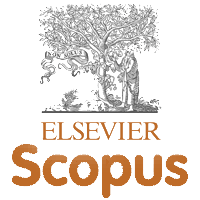ALZHEIMER’S DISEASE RECOGNITION SYSTEM BASED ON ATLAS BASED SEGMENTATION WITH U-NET MODEL
Abstract
Abstract: The most prevalent kind of dementia, Alzheimer's Disease (AD), is really an incurable neurological disorder that causes gradual mental decline. The majority of an AD diagnosis in practise is dependent on the patient's clinical history or neuropsychological information, such as magnetic resource imaging, despite the fact that an exact diagnosis of AD is challenging (MRI). The effective use of treatment options depends on the early identification of patients with suspected Alzheimer's disease (AD). The most significant advancement in computation in recent years has been in deep learning and machine learning categorization, which meets the physicians' major demand for automatic early prognosis and diagnosis. Moreover, several machine learning techniques are used for automated diagnosis, however they currently have certain accuracy limits. So, the primary goal of this study is to use a preprocessing strategy before a DCNN model to improve classification accuracy. In this research, we suggested an atlas-based segment with U-net model Alzheimer's disease identification system. The dimensions of the feature space were then reduced by using principal components analysis (PCA) to break down a larger collection of features of potentially set of variables into a more manageable group of values of linear uncorrelated variables. According on the current data, our method appears to be more accurate when compared to certain other existing systems.





